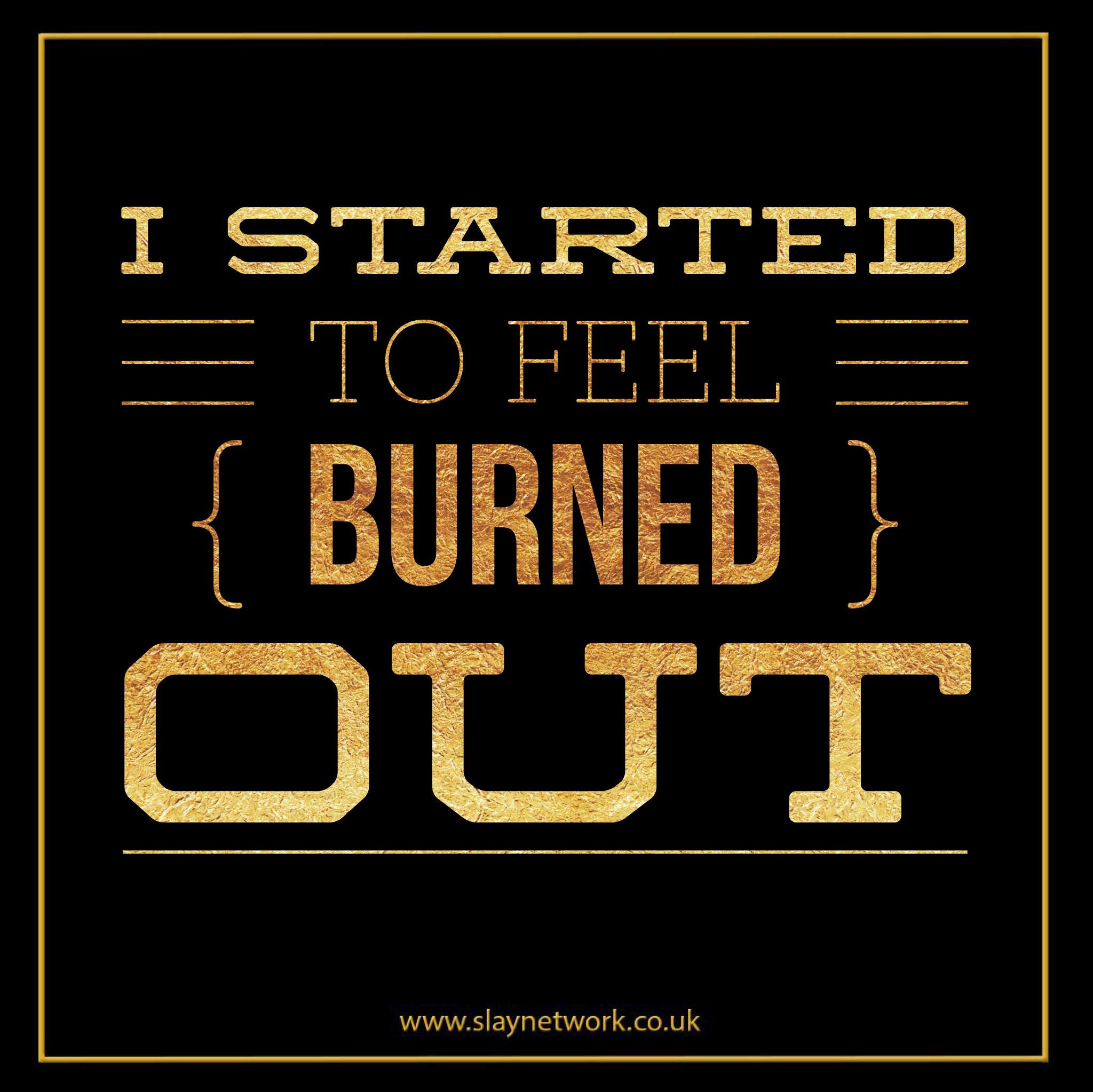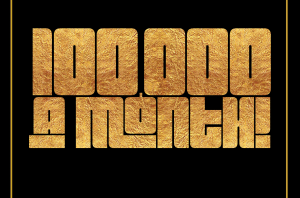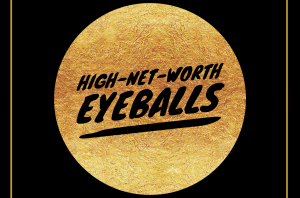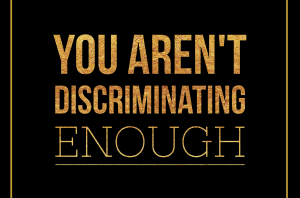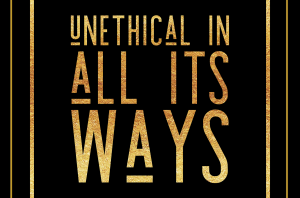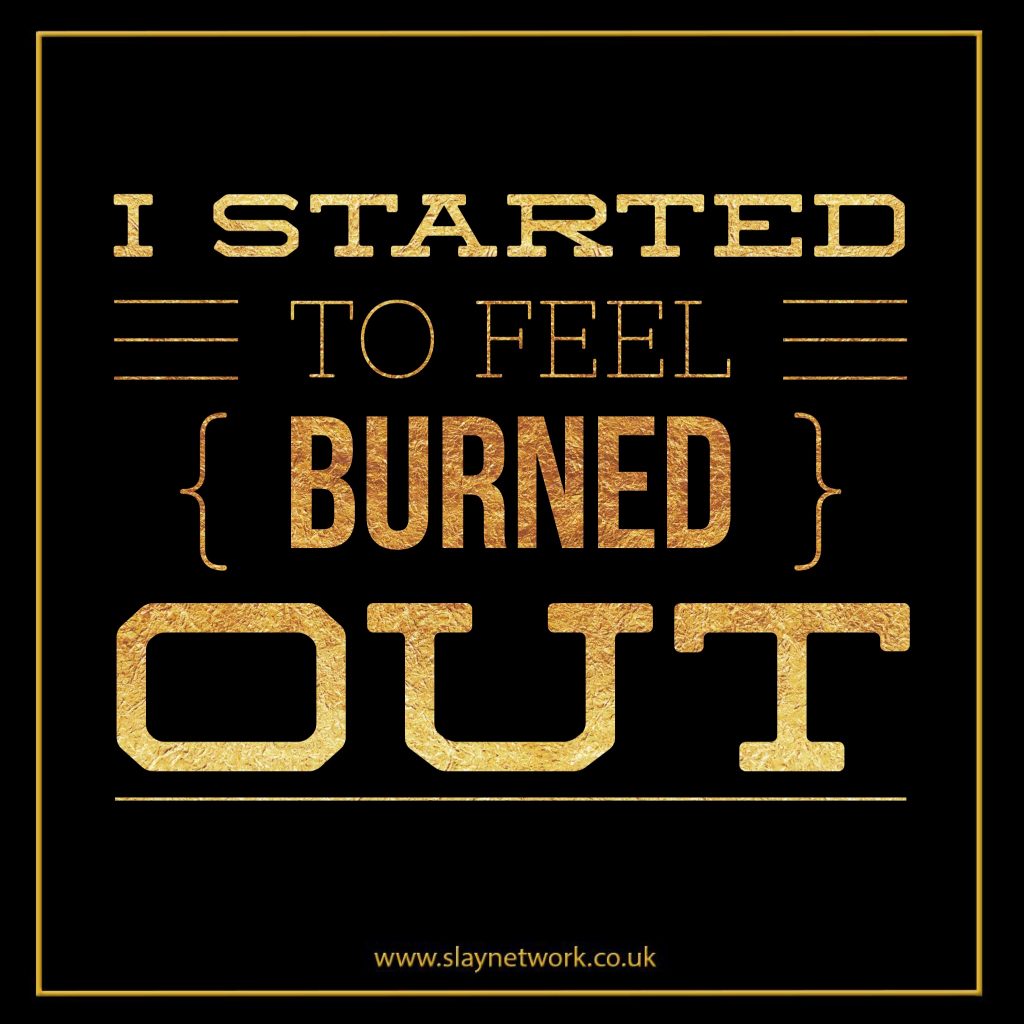
I’ve noticed that Silicon Valley founders, when talking shop, love to dig into the reasons startups die:
“Shyp wasted too much time building something people didn’t want”
“Formspring lost touch with the product vision”
“KiOR made poor hiring decisions as it staffed up”
True facts, all of them! But the technical cause of death is usually a veneer. Behavioral, cultural, and interpersonal issues are among the biggest killers of startups, but they are seldom discussed in public. These issues are very personal. They are sometimes scary for founders to confront within themselves, and even scarier to confess to the world. Yet they are the true gems we can take away from most failed startups.
The other day I started digging through startup post mortems, and I came across a few founders courageous enough to feel their own bruises:
“Nathan and I had major communication problems … we weren’t intrinsically motivated by news and journalism” —Paul Biggar, NewsTilt
“I started to feel burned out. I was Blurtt’s fearless leader, but the problem with burnout is that you become hopeless and you lose every aspect of your creativity.” — Jeanette Cajide, Blurtt
“My enthusiasm and perceived confidence dwindled … I grew fearful that the facade I had created would disappear and fearful that those around me would notice this lack of confidence.” — Michael Thomas, SkyRocket
These posts show a beautiful vulnerability at the end of a long road. And for me they illustrate how a startup can be a cauldron for self-purification.
Sadly, most founders avoid covering the sensitive human side of things when writing a post mortem, especially if the company took a lot of funding. They will generally save face with a story cast in business school jargon. But when we keep telling ourselves that startups die because there was “no market need” or they “ran out of cash,” it fuels the belief that if you can technically out-execute your competition, your company will surely be the one in ten startups to make it. It also cheats would-be founders out of a deeper understanding of what can go wrong.
Behavioral, cultural, and interpersonal issues are among the biggest killers of startups, but they are seldom discussed in public.
When a company is laser-focused on execution and growth at any cost, it becomes easy to build a giant backlog of fear, doubt, mistrust, resentment, anxiety, and stress that can lead to breakups, burnout, and collapse.
What’s needed is actual, selfless, humble, clear-headed leadership. The kind that comes from knowing oneself. As Brett Martin wrote in a thorough post mortem for his venture-backed company Sonar, “Since a startup’s culture ultimately mirrors that of its founder, maybe the best thing that you can do is work hard to get clear on who you are.”
I think many people are afraid of what they will find when they really start looking within themselves. Especially the kind of highly-driven, ambitious people who start startups—people who may have complex inner motivations. It’s so much easier to get distracted by the technical details, and to believe that moving to quarterly OKRs, or doing more pair programming, or drinking bulletproof coffee is somehow going to be the key to success.
People think startups are strictly business, but in my experience they are also very personal. They are in fact so personal, so intimate, that we’ve had to invent the idea of “strictly business” in order to put a safe distance between us and all of the humanity we have to face every day. The mistaken belief is that we need to be suitably insensitive in order to run a startup at all. And while a good poker face is very helpful at times, the “strictly business” compartmentalization also obscures our humanity, numbing us to a wealth of feelings and experiences that are crucial to our own development, and scrambling the inner compass that is the source of our deepest intrinsic motivation.
Another fear is that real self-inquiry could jeopardize the ego mask we employ in order to face the world each day. As philosophers and spiritual leaders have told us for thousands of years, the ego is at the root of suffering. But taking off the mask and examining it can be very uncomfortable.
I know these fears and doubts well, because I am a human. I’m a founder. I even wrote a post mortem for one of my startups in 2012.
Thankfully, the grind itself tends to wear down the ego. Through sweat and tears and late nights at the office, most people can’t keep the story going forever: Eventually, fortunately, blessedly, they get real. With reflection, they find out who they have become. They begin to peer around the ego mask, and they notice that everything is shockingly clear on the other side: purpose, vision, values, love, and the true meaning of the self. A leader emerges. Unfortunately, sometimes the company has to die along the way.
I’ve seen this happen before my eyes. The consequences of deep self-reflection can be far-reaching. By going through the fire we have the chance to let go of old stories about ourselves and connect with a deeper personal power that can be life changing. And in the most difficult moments, if we’re open to it, growth happens incredibly fast.
Click here to become a Slaylebrity Curator
By Carl Tashian

